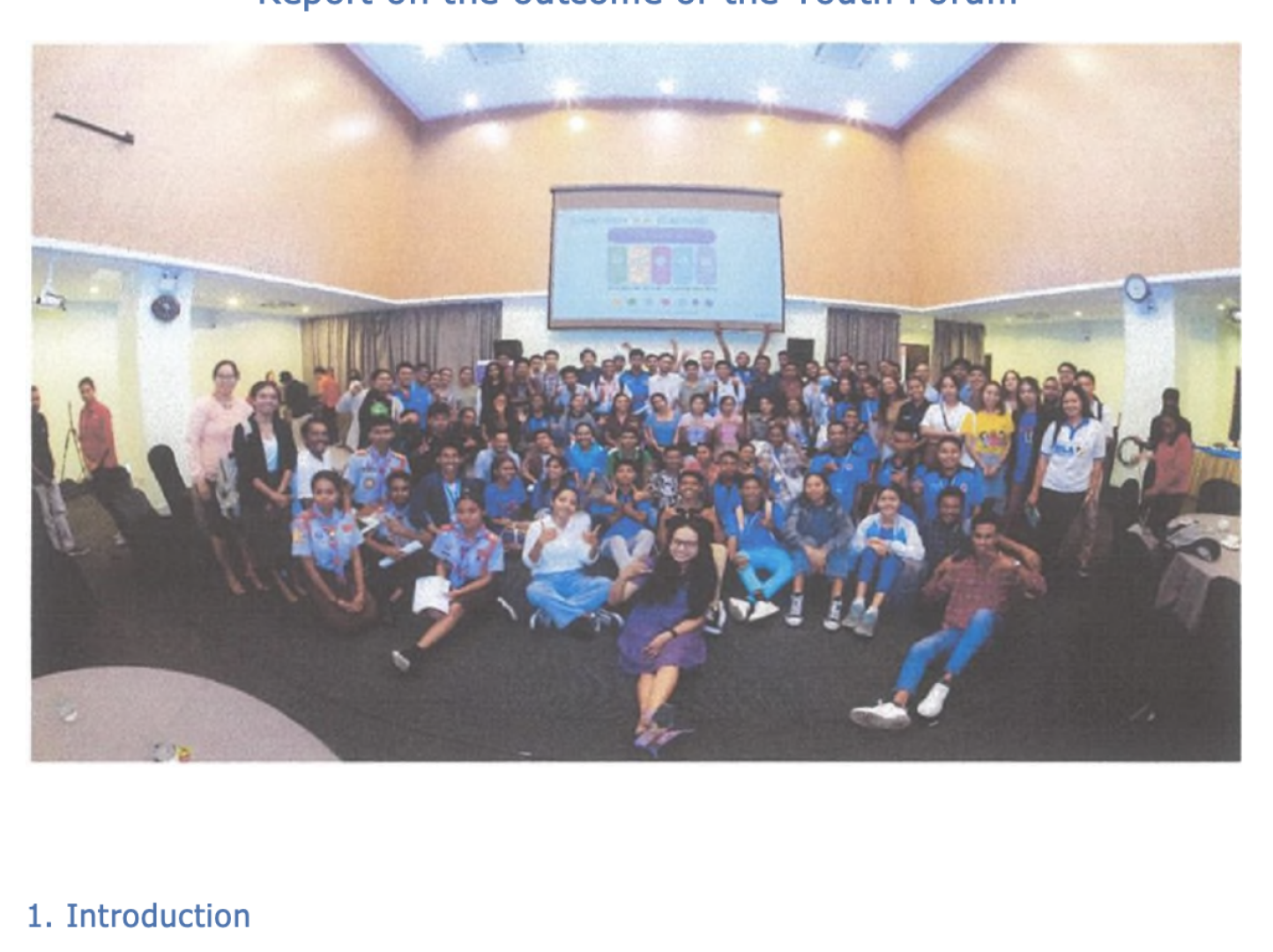2025 Timor-Leste Common Country Analysis

This Common Country Analysis (CCA) presents the United Nations’ independent, evidence-based assessment of Timor-Leste’s sustainable development context. It identifies key development challenges, structural drivers of inequality and exclusion and opportunities to accelerate the achievement of the 2030 Agenda for Sustainable Development.
The CCA forms the analytical foundation for the United Nations Sustainable Development Cooperation Framework (UNSDCF) 2026–2030, guiding the UN’s strategic support to Timor-Leste’s national priorities.
Grounded in a human rights-based approach, the CCA applies the principles of Leaving No One Behind (LNOB), Gender Equality and Women’s Empowerment (GEWE) and environmental sustainability. The analysis integrates:
National strategies, including the Strategic Development Plan 2011–2030 Official data from the government, UN and international organizations
Independent assessments from civil society and human rights bodies Findings from UN thematic and sectoral analyses Stakeholder perspectives, including those of vulnerable populations Developed through an inclusive and participatory process, the CCA reflects the perspectives of the
Government of Timor-Leste, civil society, the private sector, academia and development partners. It integrates human rights standards, Gender Equality and Women’s Empowerment (GEWE), the Leave No One Behind (LNOB) principle and sustainability across all areas of analysis. The process was coordinated by the UN Resident Coordinator’s Office (UNRCO), with technical input from UN agencies and contributions from national stakeholders.
The CCA is intended as a living document, regularly updated to reflect emerging risks and opportunities.
While developed in consultation with national partners, it represents the UN’s independent analysis of the country’s development landscape.




















